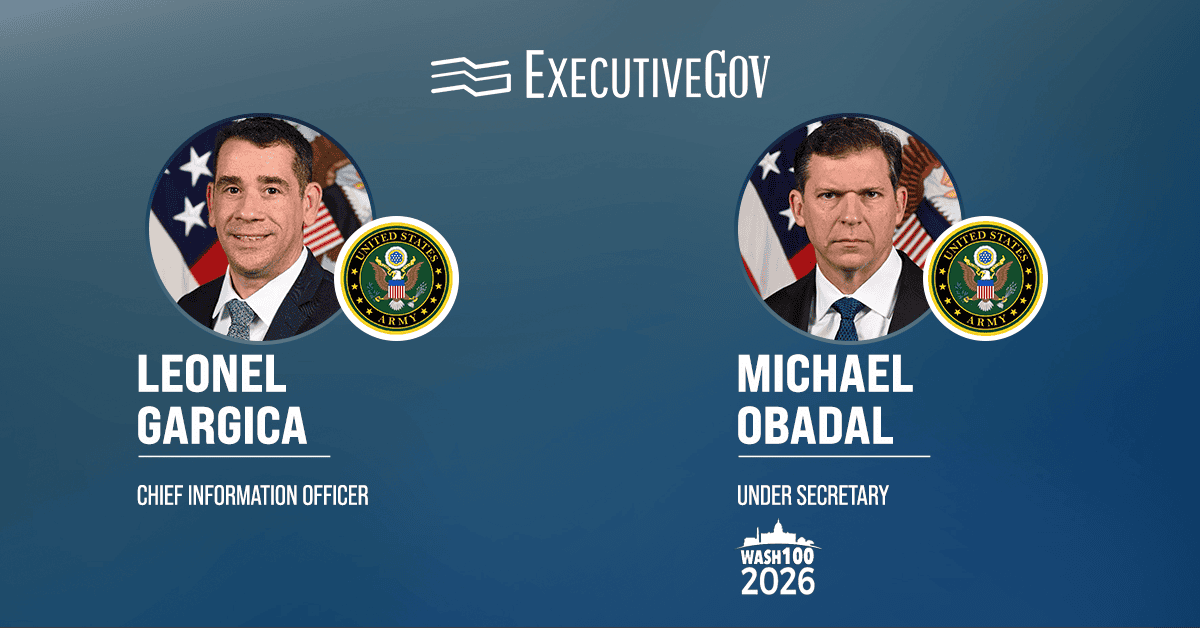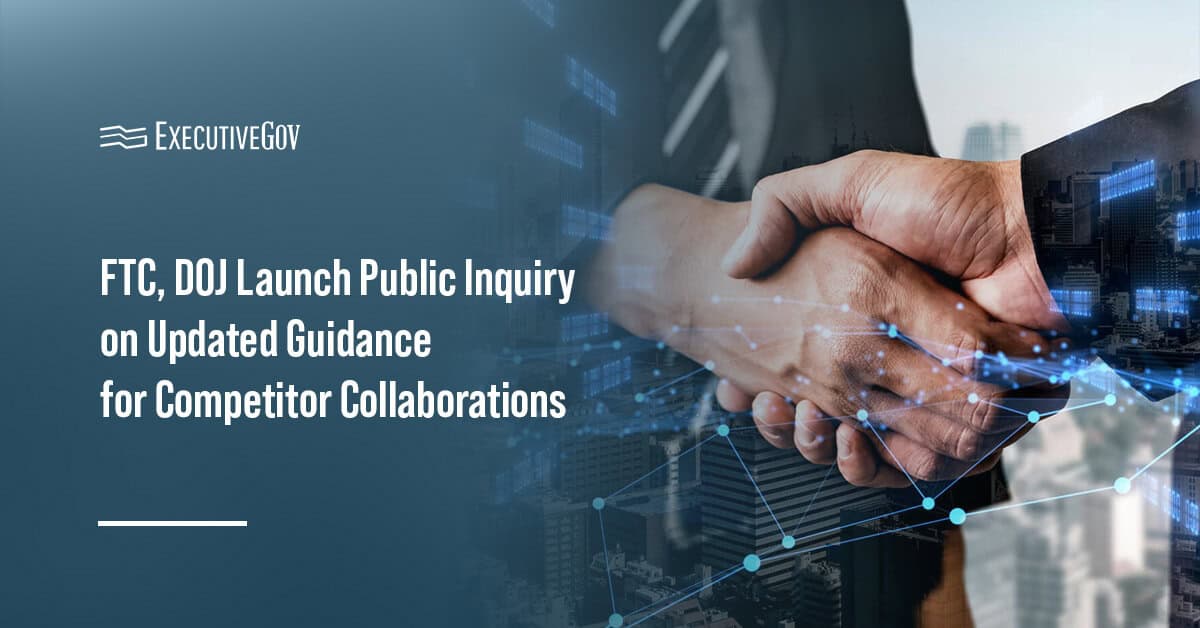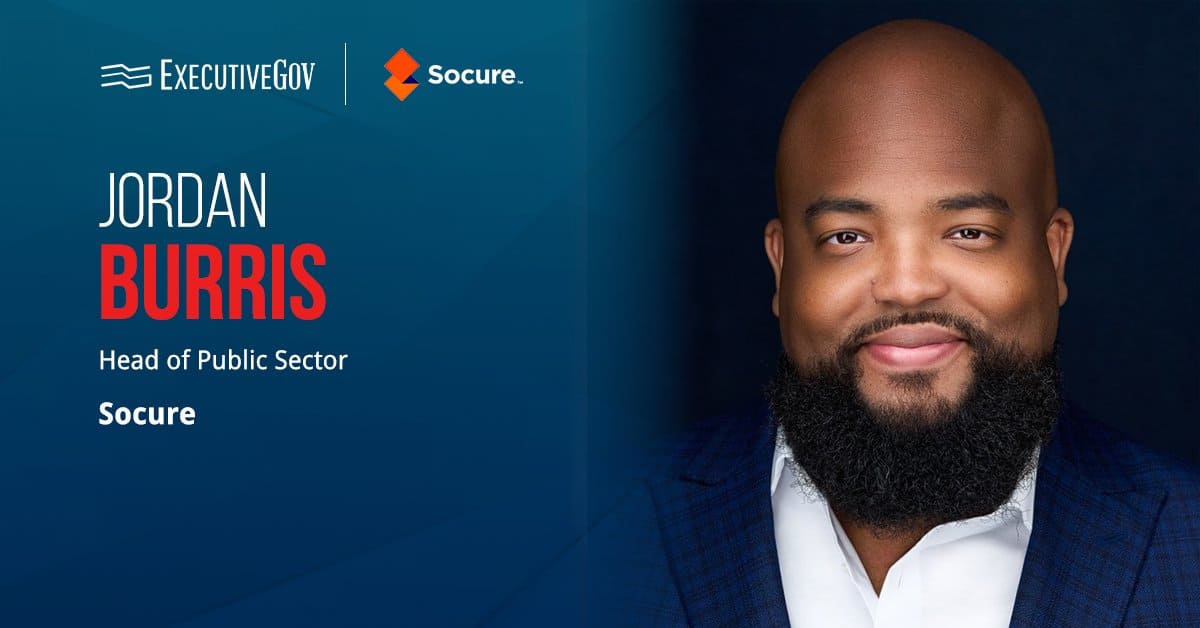
Sen. Mark Warner, D-Va., has introduced a bill that would aim to refine the nation’s security clearance process.
The Modernizing the Trusted Workforce for the 21st Century Act would task the executive branch to immediately address backlog cases concerning background checks, Warner’s office said Thursday.
The legislation would also direct the executive branch to develop a plan to integrate the National Background Investigation Bureau into the Department of Defense.
The director of national intelligence would then assume codified duties as the security executive agent.
“The current process for granting security clearances to government personnel and contractors is in dire need of reform,†said Warner, who serves as vice chairman of the Senate Select Committee on Intelligence.





